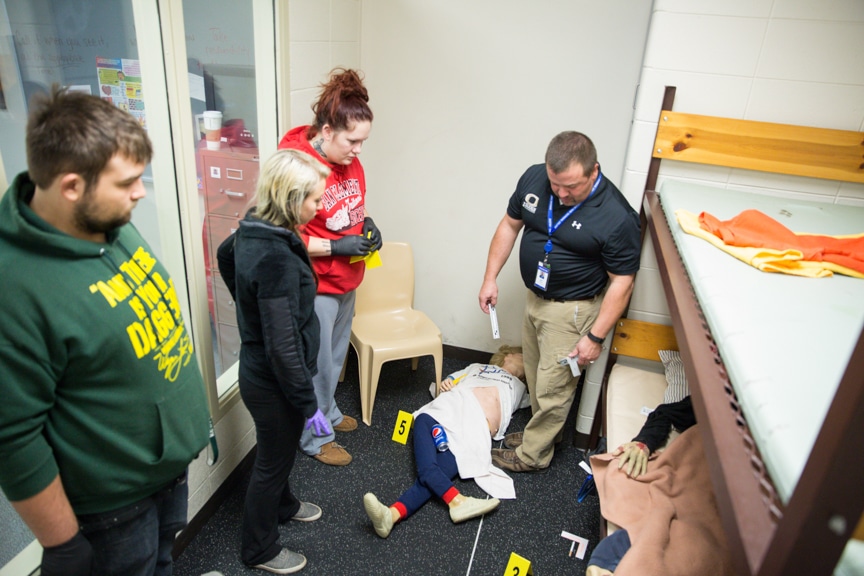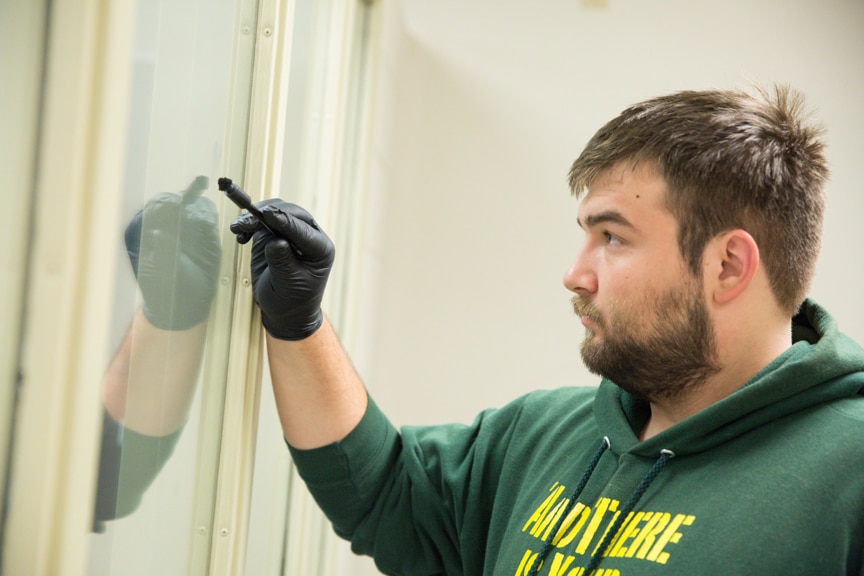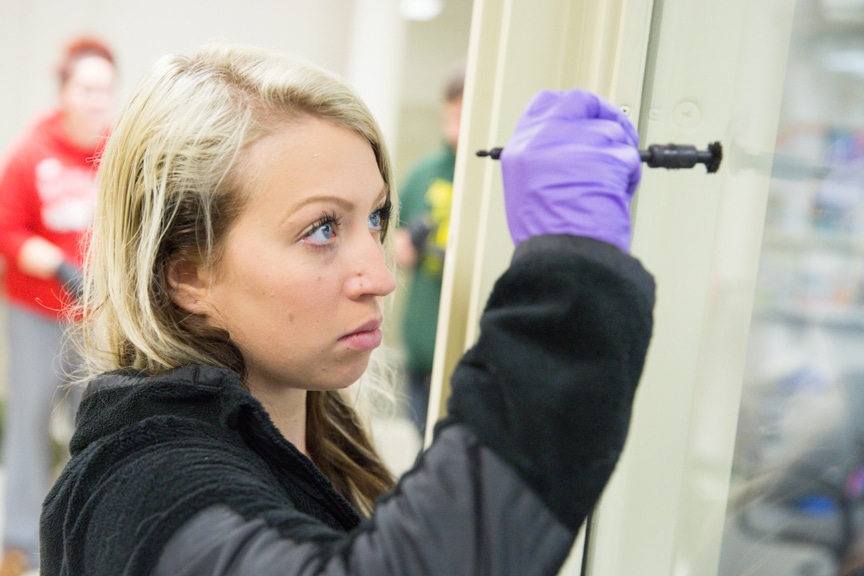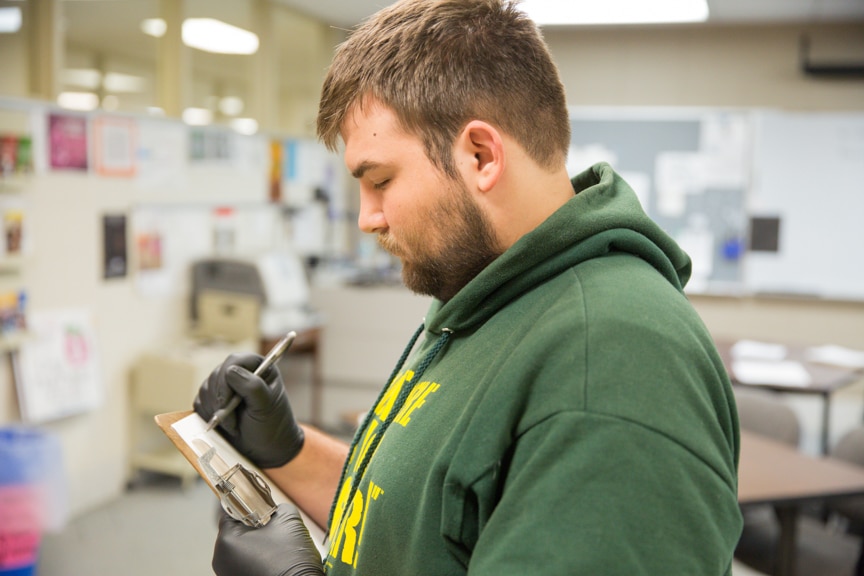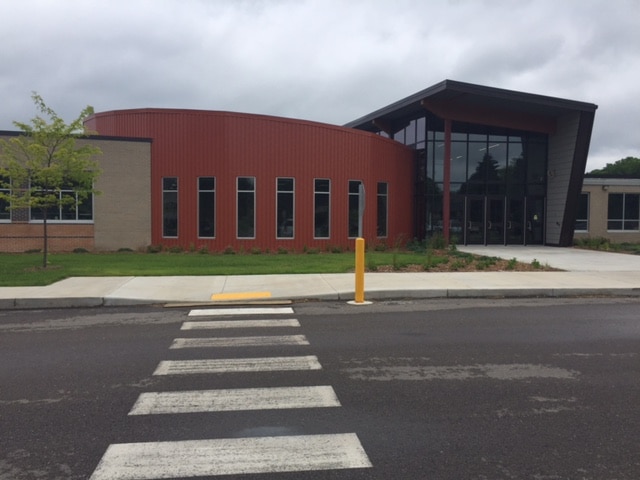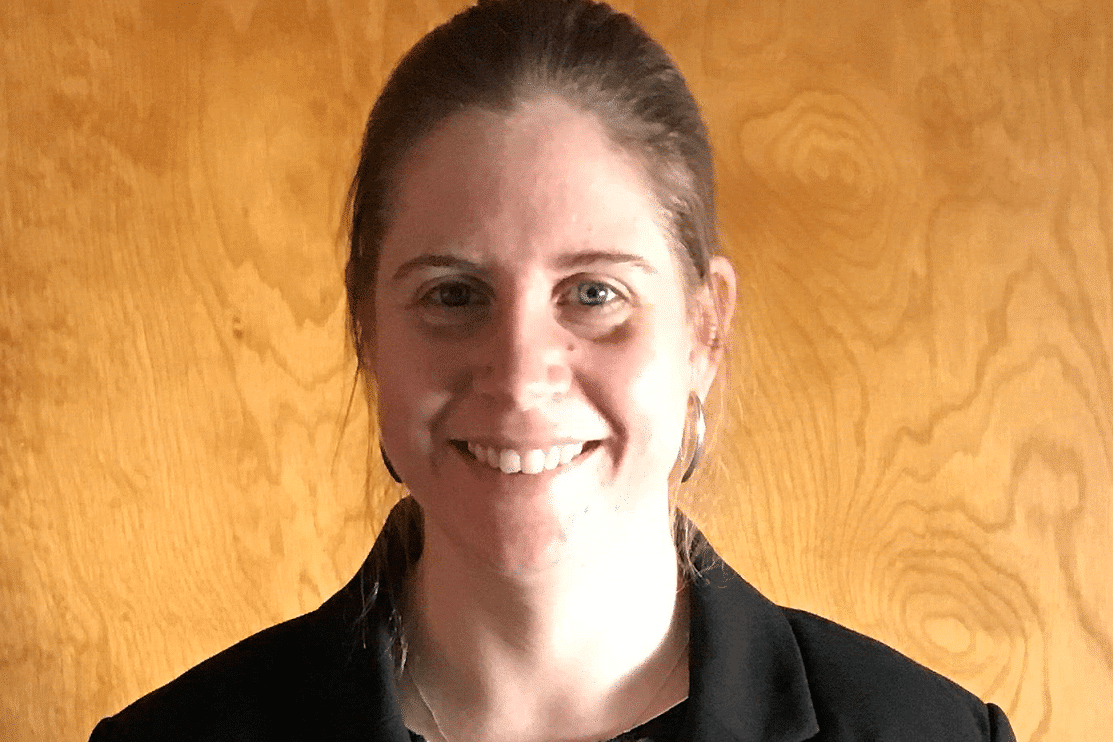Crime scenes: Hollywood vs. Reality
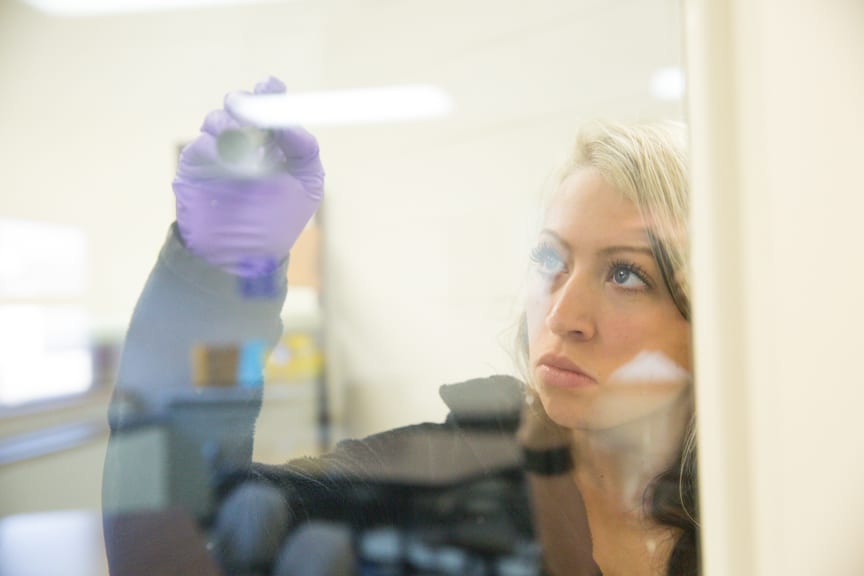
If you watch any amount of prime-time television, you’ve undoubtedly seen Hollywood’s portrayal of a crime scene. The detectives swoop in, witty banter is exchanged, and they miraculously find some overlooked clue just in time for a dramatic pause and commercial break.
Is it like that in real life? Well, yes and no.
Yes, in the aspect that the detective may find an overlooked piece of evidence. No, because real crime does not get solved in 30 minutes or an hour. Investigations take many, many hours, sometimes years to solve. Parts of the job are exciting and “typical CSI” stuff, but there are down times when the excitement slows to a crawl as an investigator is waiting for leads to develop.
A meticulous amount of detail needs to be extracted from crime scenes, and there’s no better way to hone those skills than to close the textbook and dive in first-hand.
That’s what our Criminal Justice students got a taste of recently as we conducted a “Mock Crime Scene” on campus. This is just one of many hands-on activities our students are involved in throughout the semester.
For the activity, the mock crime scene exercise allowed my students to apply basic crime scene processing techniques in a simulated crime scene. They were able take the information obtained from the textbook and lectures and see how it applies to realistic situations. And, in this classroom setting, students could stop and ask for clarification or guidance on how to process certain aspects of evidence. (Check out some photos of this exercise below!)
A few of the students I spoke with afterwards found this extremely beneficial.
“It was a good experience and gave me a better understanding on fingerprinting, report writing, and gathering evidence,” Samantha Herman said.
“The mock crime scene will benefit me in the future because I will know how to process a scene with the knowledge I learned from doing a mock crime scene. I liked it because we got to process it hands on and learn ourselves rather than just being shown or told how to do it. Overall it was a great experience,” Alyssa Marx said.
Experiences like this truly allow our students to hone their skills before they enter the work force, and it’s an integral part of what we offer here at Moraine Park.


